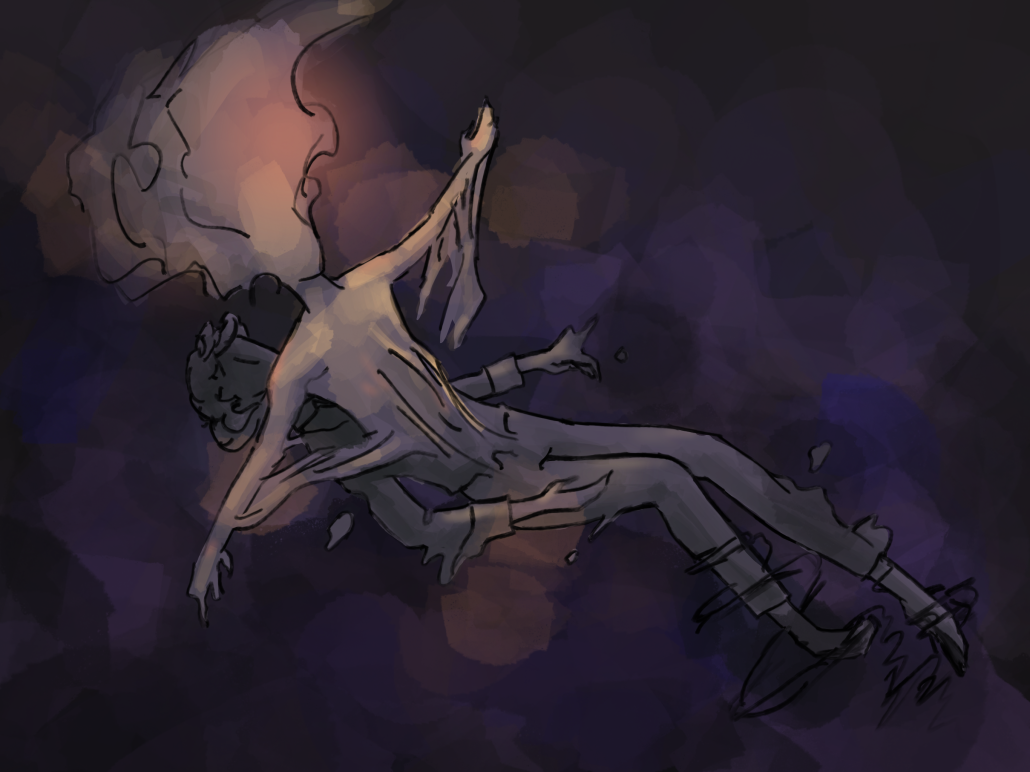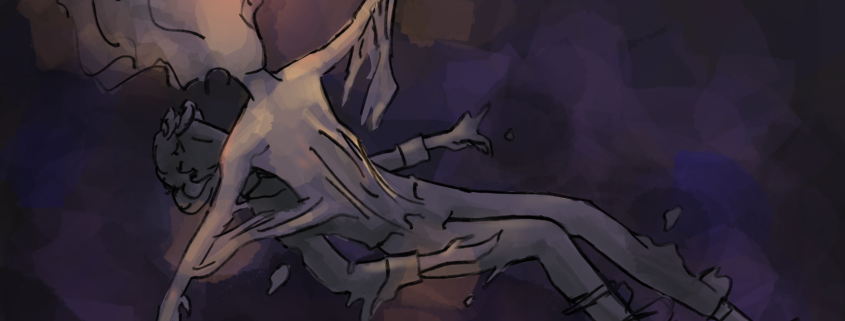Letter to the Editor: College life beyond the marketplace: Seeking balance at USC

Our four undergraduate years at USC are the perfect time to discover what we love. We are suddenly surrounded by new people and new opportunities that bring new freedom, but also new pressures. We want to know exactly what our paths are and how to get there. Faced with the general education requirements at USC, we lament the time spent in classes outside our major. Students can begin to feel that the primary purpose of college is to set themselves up for a high-earning career — that college is merely a necessary investment where we go through the motions to walk out with a degree. Academic studies only seem useful as a means to “succeed.” There’s not enough time to explore our passions, bogged down as we are with major requirements and resume building.
However, this narrow-minded perspective dramatically limits the multitude of benefits we can gain during our time here. We should not let our careers overshadow the value of personal growth, but should seek to find a balance between exploring our interests and pursuing professional development. While a career focus is important, it should still leave room for self-discovery. By valuing both, students can have a more fulfilling and well-rounded college experience. One way that this can be done is by cultivating certain virtues.
Virtue is an archaic term that has more or less disappeared from our vernacular, but understanding it can help us reflect on what college is for and what is a fulfilling life. A virtue is simply an acquired skill or capability — a human excellence — which has become part of one’s character. Through repeated actions it becomes a capacity to exercise that ability well in various situations. Take the moral virtue of courage, for example. You can acquire courage through repeatedly doing courageous actions until it becomes part of who you are. Now you can apply this capacity for courage in any area of your life, whether speaking in class or having a difficult conversation in a relationship. Viewed in this way, the classroom can become a place to cultivate not moral but intellectual virtues like humility, attention, or thoroughness, to name just a few.
Cultivating intellectual virtues provides a way to open ourselves up to new dimensions of our classroom experiences. The career-oriented way of looking at education leads to virtues being overlooked, since they are not extrinsically rewarded. But virtues gained in the classroom can be applied in a wide variety of ways. By practicing the virtue of attention in class, you can become an attentive listener in a conversation when a friend is in need, listening more effectively and empathizing on a deeper level. You can attend more closely to beautiful music or film to truly appreciate what the art has to offer.
We have found that two intellectual virtues in particular are surprisingly relevant to undergraduate life at USC today.
The first is reverence. According to Classics Scholar Paul Woodruff, reverence is the capacity for feelings of respect and shame — a sense of our own limits and that there are things that are bigger than us. Reverence allows people to look at things realistically by acknowledging our limitations. Rather than staying stuck in humiliation and failure, reverence allows you to take criticism as a learning opportunity. Instead of being dismissive or defensive in the face of disagreement, reverence inspires us to want to seek mutual understanding.
The second intellectual virtue is awe or wonder. In his book, Excellent Sheep, William Deresiewicz describes the mindset of students at “elite universities” who chase after achievements. They spend so many years trying to achieve things that it becomes all they know. By the time they are in college, they are going to an elite school where they feel pressured to make money and continue chasing achievement after achievement. Many of us might share this mindset, yet it doesn’t always lead to a fulfilled life. Instead of looking for achievements, we might look for opportunities for awe. Notice the moments when you want to go to class because you are so fascinated by what you are learning. Instead of considering which occupations make the most money, find out what you love and then figure out which jobs could use those skills you enjoy practicing. This isn’t to say that one shouldn’t consider financial reality at all, but find a way to incorporate passions into the rest of your life.
Most USC undergraduates are motivated by finding traditional success in the marketplace and a high paying job. Less focus is placed on our passions and the cultivation of ourselves. Instead, we should challenge ourselves to research new topics, take unusual classes and “break character”. Do not let the suffocation of the marketplace stop you from self-discovery. You owe yourself happiness, even if it means focusing less on profit. Develop your own excellence by taking opportunities to pursue your passions and shape who you are.

